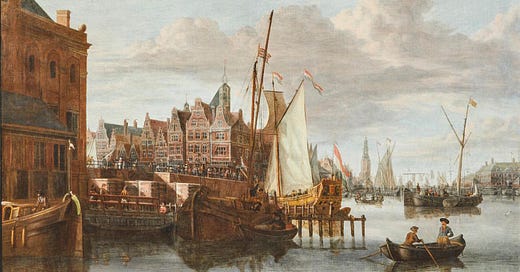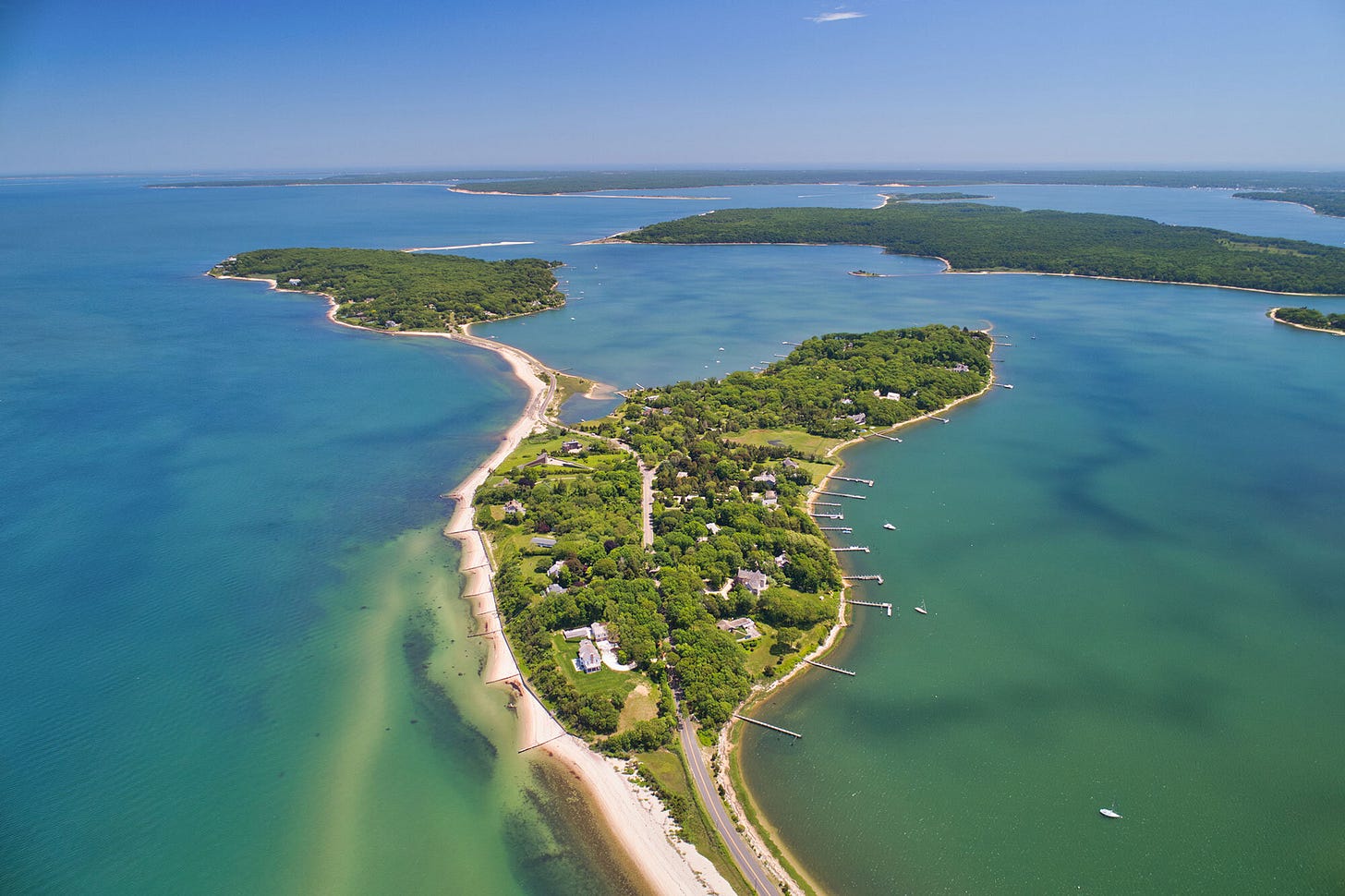Dear reader,
We’re nearing the end of January, and life lately feels as though it’s stuck in a cloud. Mostly this cloud is physical — the gloominess of winter touches even Colorado, whose 300 days of sunshine a year are, in my view, a major perk. But there is also snow on the ground, driven to dirt on the edges of the highways as I drive into the city for work. I think about my distaste for the city, how relieving it was to leave Providence, another place where snow piles up dirty. Providence was darker, though the seasons were more predictable. Now I live in a place where I see coyotes on my way home sometimes, and that is exciting to me. Having grown up in a very quiet place, I find myself drawn to the quiet, to slowness, which I don’t get quite as much as I want in my suburban apartment complex.
Before I left Colorado for Providence, in the middle of 2020, to pursue my MFA, my coworker bought me a Zoom session with a psychic as a parting gift. The session wasn’t particularly enlightening, but she did say certain things that interested me, and which have stayed with me. I told her that I was departing for New England, and I believe this led her to tell me that she felt an energy from me, a past life wherein I was in New England, warm, by a hearth. At the time I interpreted this, a bit jokingly, a bit not, to mean that I was a farm cat in a past life, curled up warm by a hearth in the dead of winter.
She also told me something curious about having an axis of pain through my mid-section. I don’t remember the exact words she used, or if this was my interpretation of those words — but I do remember connecting with that idea, too. I’m not yet sure why.
A reader, Maximum L, left me some wonderful notes on connection, discomfort, disturbance. I appreciate and carry these thoughts with me with gratitude, and I always welcome your responses, whatever they may be, to what I write. All of this is an experiment, a display of thought and emotion. It’s worth noting, perhaps, that none of this comes easy to me. A serial fiction writer, never sharing too much of myself directly, though my characters have something of me. I’m trying here to lift the veil of fiction and show myself.
I’ve been stalled out trying to write about and research Nathaniel Sylvester. Part of this is because the tangled web of protestantism and various religious sects confuses me, and I suspect that this is a key part of his story, as he becomes a Quaker later on. I also think that my difficulty with writing about him is that he is the patriarch, the obvious offender, the one who would be to blame were we to attempt to place blame on one individual. But of course we can’t do that, as the Sylvesters were part of a system, or several systems, which they helped to prop up, even helped to found, so early as they were in the history of what would become the United States.
There are also parts of his story that disgust, that horrify, and I do not mean to recreate any horrors by telling it.
Nathaniel’s story begins in Amsterdam, which, like London, is a place I have been. A very strange city, watery and cold in early March when I visited. I liked it there, though, because its character was unique, set apart from other cities by its terrain, or lack thereof, with streets and land interrupted by canals and bridges. I cannot remember if it was quiet or not. My thoughts at that time were very loud.
Nathaniel was born in this city around 1620 during what’s called the Dutch Golden Age. Their science, art, military, and trade were ranked above those of their neighbors, and they ruled the seas. Nathaniel grew up in the center of it all. Easy to grow up in a position of power in a place like that and come away with some sense of innate superiority. Or a place that purports to be that, number one in all areas, the best even with a lack of evidence — I am speaking about today’s United States.
Nathaniel’s parents were English immigrants to Amsterdam, and his father, Giles, was a merchant who would go on to lead his sons across the seas. The family lived on a wide and busy thoroughfare by the harbor, a respectable neighborhood. While Grizzell’s childhood neighborhood was also respectable, it seems to me quite different — and both of them, of course, being near opposites of the world of Shelter Island. I am conscious of the way I would be drawn to the land of the island and its quiet over a 17th century city with its busy character and lack of modern waste disposal. How much clearer the air must have been. Sweeter the smells. Stewarded and held by people who knew how to respect the land.
Nathaniel learned to read and write from ministers and church elders. In the inventory made of his home after his death, we learn that he owned sixty books — a large number, compared to other colonial households. I think of my own childhood, surrounded by books, far more than sixty. Nathaniel’s books were probably mostly religious, and the same can’t necessarily be said of the books in my home growing up, though religion did permeate quite a lot of what I read as a child in ways that were more or less obvious. The ideas of right and wrong that we’re told come from religion, not from an innate sense of morality, were all over the texts I was surrounded with. I like to think that I’d have become a ‘good’ person regardless — I like to think that I am a ‘good’ person — but a lot of that would be because of the people I was brought up by, the village who raised me, members of a church congregation as well as a family with deep and good hearts.
By 1646, Constant Sylvester, Nathaniel’s older brother, had already purchased plantations on Barbados, a place that saw the extreme brutalities of slavery. Nathaniel likely visited these plantations, and one wonders what he thought. For me, reading accounts of slavery in Barbados is horrific, and Barbadian historian Hilary McD. Beckles writes about Barbados as “the first ‘black slave society’ — the most systemically violent, brutal and racially inhumane society of modernity.” There, English investors and colonizers “accelerated the pace of mass enslavement of Africans as the basis of Europe’s colonial projects in the Atlantic world.” Laws stated that all Africans brought to Barbados would necessarily be “lifelong chattels,” and this was reinforced heavily, as they were considered real estate, an investment. The sugar grown on Barbados was vastly profitable, largely thanks to the free labor that grew and harvested it, and it was this system which supported the Sylvesters’ purchase of Shelter Island from the Indigenous people who lived there. This system was also supported, in turn, by the plantation built there, and the people forced to work it.
So today I’m thinking of axes of pain. I’m thinking of rural versus urban life. Of respecting land, of knowing it and its history. Of a place that is both beautiful and brutal. I don’t yet know how to put these things together, but as I said: all of this is an experiment, a thinking aloud.
Yours,
Helen





